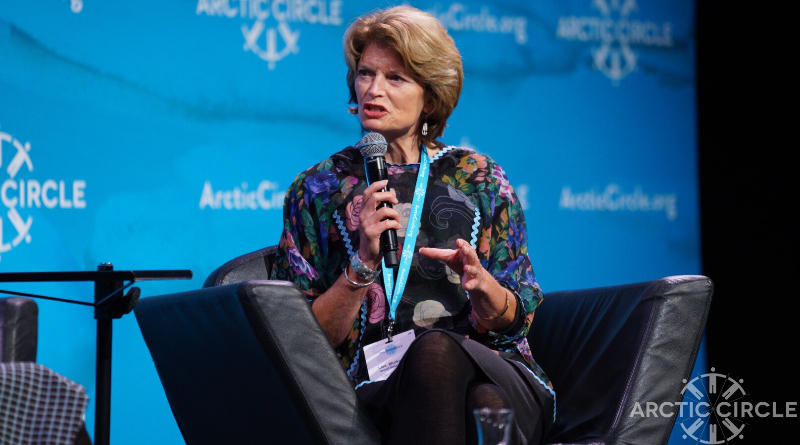
Senator Lisa Murkowski of Alaska has expressed disappointment with the Trump administration, suggesting that she was misled regarding the administration’s commitment to clean energy projects. Murkowski’s discontent stems from her support of the One Big Beautiful Bill Act (OBBBA), which includes significant cuts to clean energy spending amounting to nearly $500 billion.
Murkowski, who was a critical vote for the OBBBA, believed that her backing would protect local energy initiatives, particularly those involving wind and solar projects in Alaska. She stated, “I feel like we made a deal and then, hours later, a deal was made to somebody else.” Her support was initially driven by the understanding that the Trump administration would uphold commitments to sustain funding for renewable energy, which is essential for rural Alaskan communities reliant on expensive diesel imports for electricity.
The OBBBA extends tax cuts established during Trump’s 2017 tax reforms and imposes stricter work requirements on social safety net programs. Despite Murkowski’s long-standing advocacy for both oil and gas and renewable energy, the recent executive order from Trump has raised alarms. The order limits the awarding of contracts for solar and wind projects, reinforcing a preference for traditional energy sources such as oil and natural gas.
Murkowski had hoped that federal officials recognized the importance of wind and solar energy in alleviating the energy crisis in Alaska’s Railbelt region. She viewed her negotiations as a “hard-won fight” for clean energy amid declining local natural gas supplies. Despite her initial optimism, she has now reassessed her stance, describing the administration’s actions as “reckless” and feeling deceived.
“Do I feel like the administration was not being up-front with us? Yes,” she remarked, concerned that the new direction would discourage utility companies from pursuing renewable initiatives. Murkowski fears that without federal support, Alaska might have to rely more heavily on liquefied natural gas (LNG) imports, undermining the state’s energy autonomy.
While Murkowski acknowledges some benefits of the OBBBA for Alaska, such as a new oil revenue sharing mechanism set to take effect in eight years, she remains critical of the immediate implications for energy projects. The expectation that projects could receive tax credits for a year has been jeopardized by the administration’s latest moves.
She pointed out that the executive order “pulls the rug out from underneath the deal” she believed she had secured. A report from the Anchorage Daily News highlights her belief that the administration’s actions are counterproductive, particularly for vulnerable populations in Alaska who rely on government assistance programs like Medicaid and the Supplemental Nutrition Assistance Program (SNAP).
The Congressional Budget Office (CBO) estimates that the OBBBA will lead to a reduction in federal spending on Medicaid and CHIP benefits by $1.02 trillion, potentially impacting over 10.5 million individuals by 2034. Murkowski has also noted that the OBBBA’s provisions requiring proof of employment or training for assistance benefits may disproportionately affect older women who have exited the workforce to care for family members.
As Alaska grapples with rising Medicaid and SNAP enrollment, the need for fair reforms becomes increasingly pressing. Murkowski has suggested that some work requirements may be necessary, yet the implications of such policies on the most vulnerable populations remain a contentious topic.
In conclusion, the fallout from the OBBBA and the Trump administration’s recent directives has left Murkowski in a precarious position, questioning the integrity of her negotiations and the future of renewable energy initiatives in Alaska.






